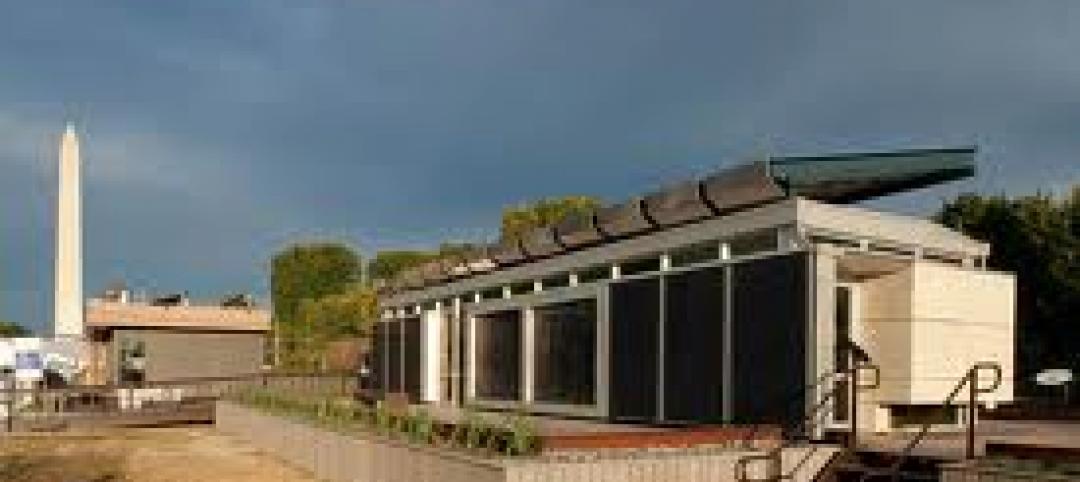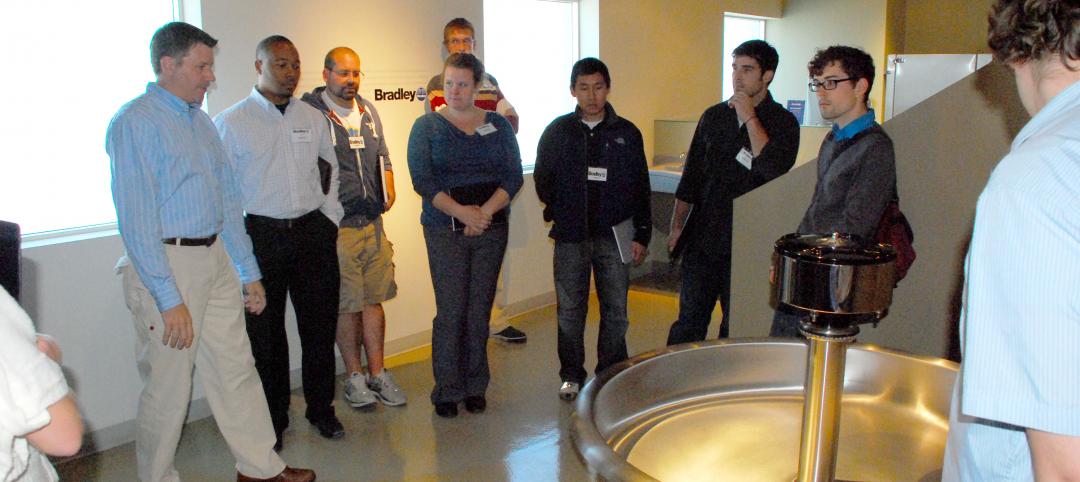Legrand announced a more than 20% reduction in energy intensity as the result of its first year as part of a Department of Energy (DOE) program to promote energy efficiency, realize energy and cost savings and spur job creation for communities across the United States.
In its role as a manufacturer of electrical and data networking products for residential, commercial and industrial buildings, last year Legrand committed to be among the first of a select number of industrial companies to join the Better Buildings, Better Plants Challenge. The company pledges not only aggressive efforts on energy conservation and efficiency, but to report and share its results with the DOE and the public.
The Challenge was announced by President Obama in February of 2011 as part of the Better Buildings initiative. +
Related Stories
| Sep 29, 2011
CEU series examines environmental footprint and performance properties of wood, concrete, and steel
Each course qualifies for one AIA/CES HSW/SD Learning Unit or One GBCI CE Hour.
| Sep 29, 2011
Kohler supports 2011 Solar Decathlon competition teams
Modular Architecture > In a quest to create the ultimate ‘green’ house, 20 collegiate teams compete in Washington D.C. Mall.
| Sep 29, 2011
AIA Dallas names new executive director
AIA Dallas one of only a few chapters in the U.S. to be led by an accomplished architect.
| Sep 29, 2011
Potter honored with SMSP honor
The Society for Marketing Professional Services (SMPS) recognized Alfred K. Potter II, FSMPS, senior vice president with Gilbane Building Co., with the 2011 Weld Coxe Marketing Achievement Award (MAA).
| Sep 28, 2011
Look who's coming to BD+C's Under-40 Leadership Summit
AEC industry "under-40 superstars" from top design and construction firms have signed up for BD+C's "Under-40 Leadership Summit."
| Sep 28, 2011
GBCI announces LEED fellow class of 2011
LEED Fellows represent green building industry's most accomplished professionals.
| Sep 28, 2011
Bradley sponsors design studio on intelligent buildings for UWM SARUP
The studio is taught by Gregory D. Thomson, assistant professor and co-director of the Institute for Ecological Design at UWM.














